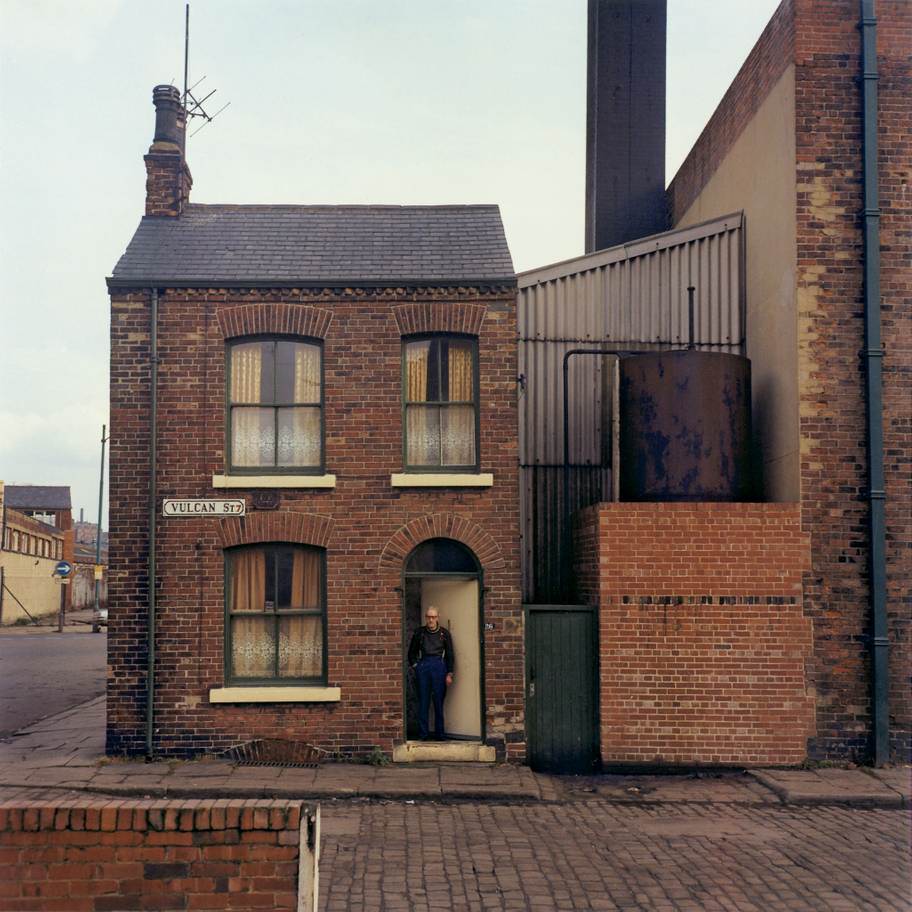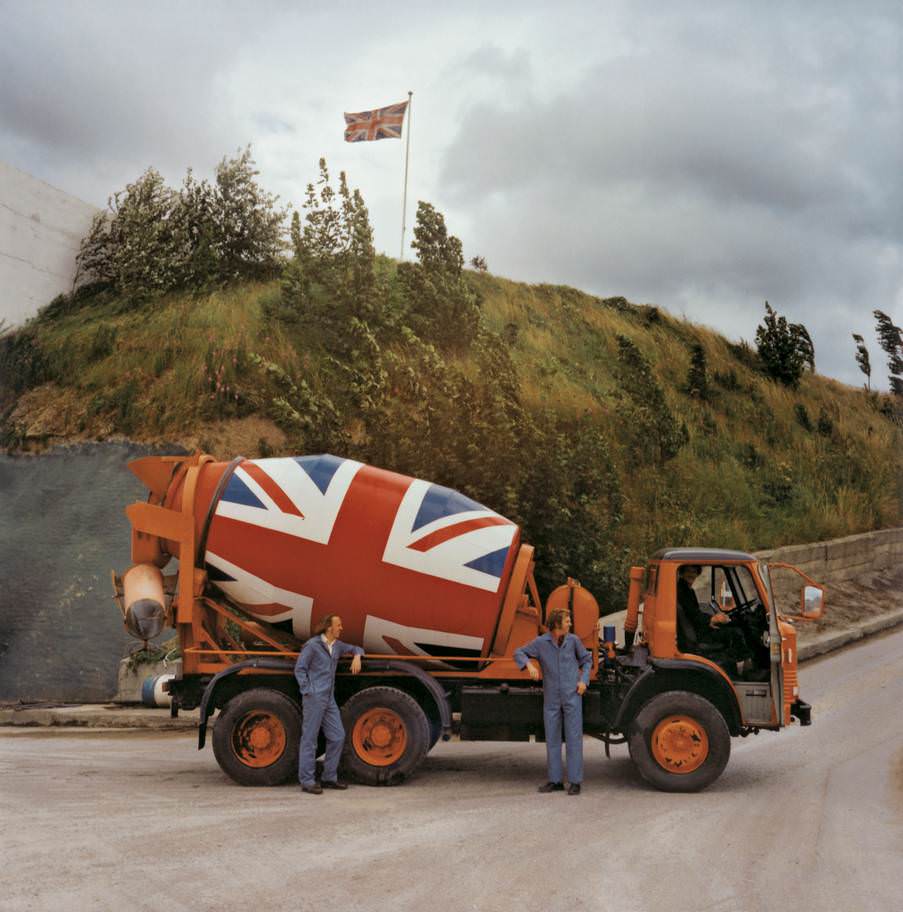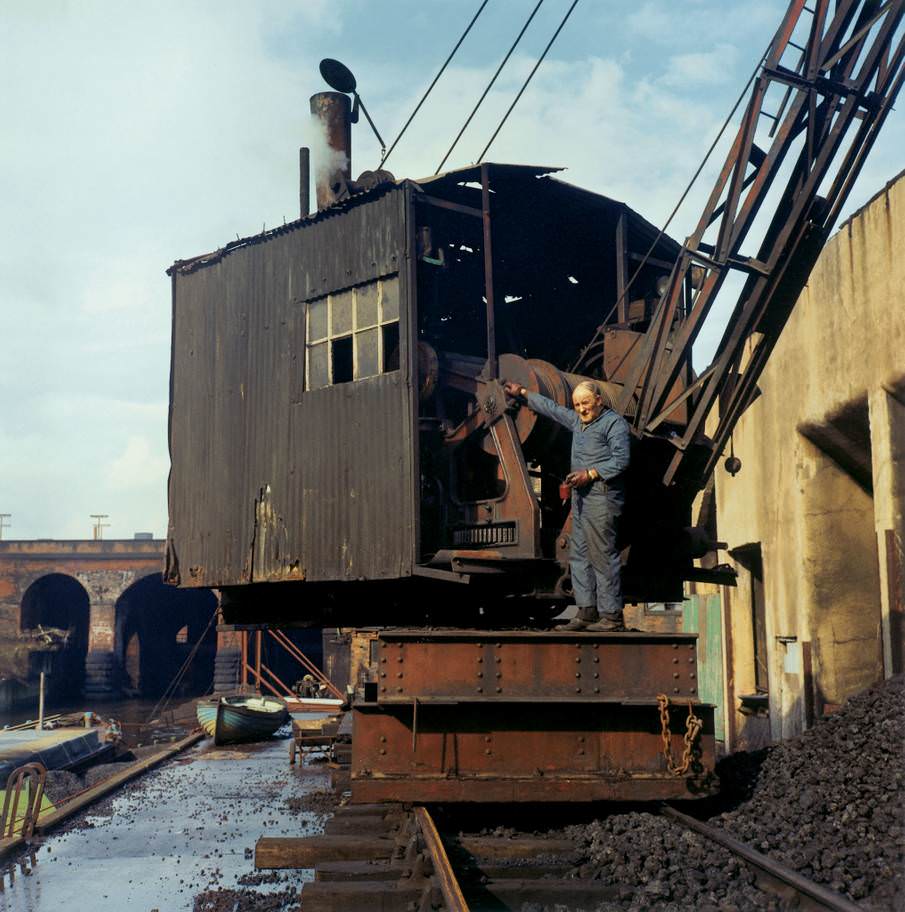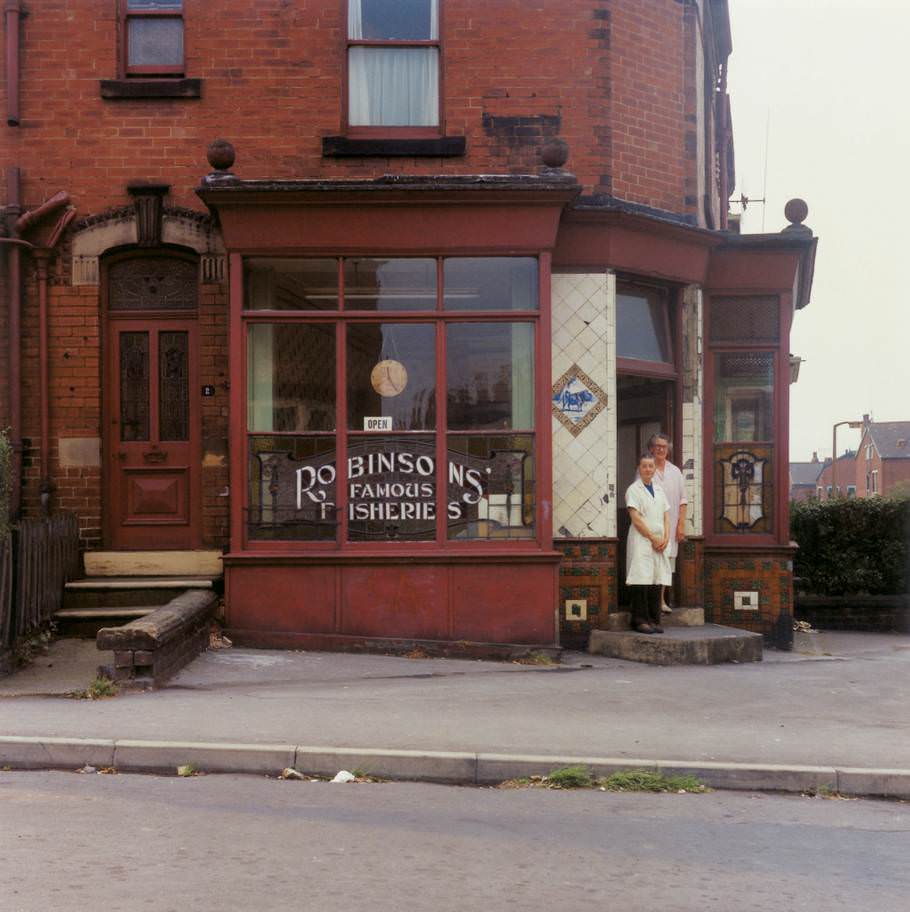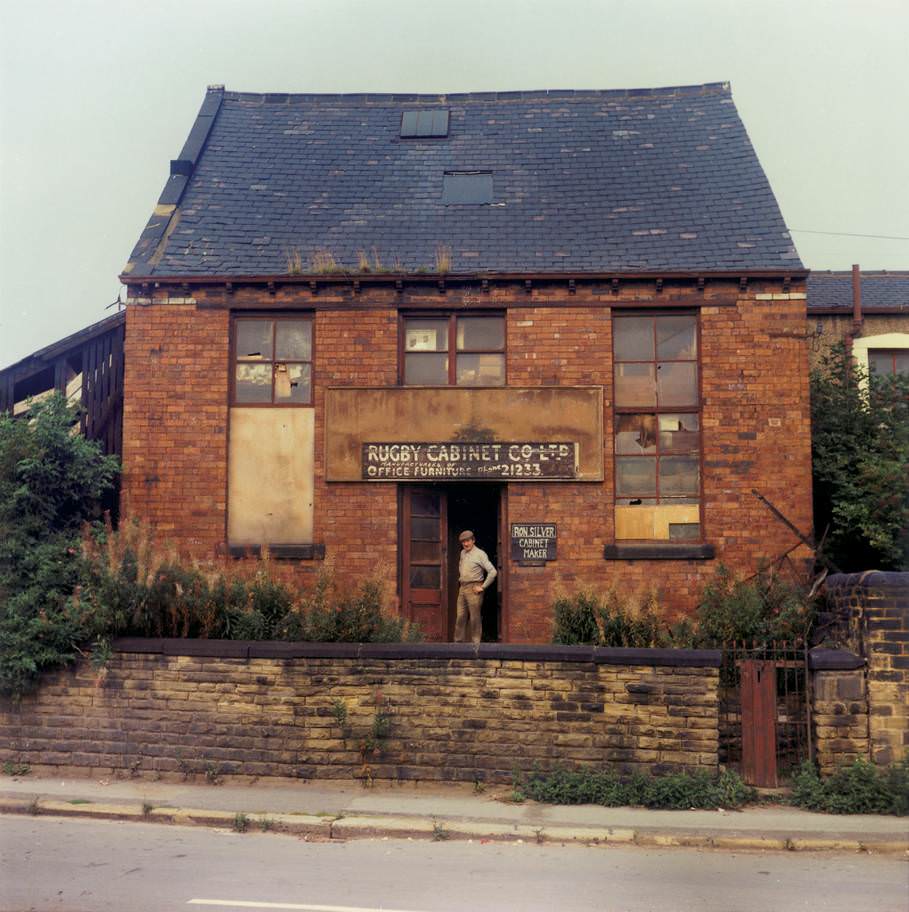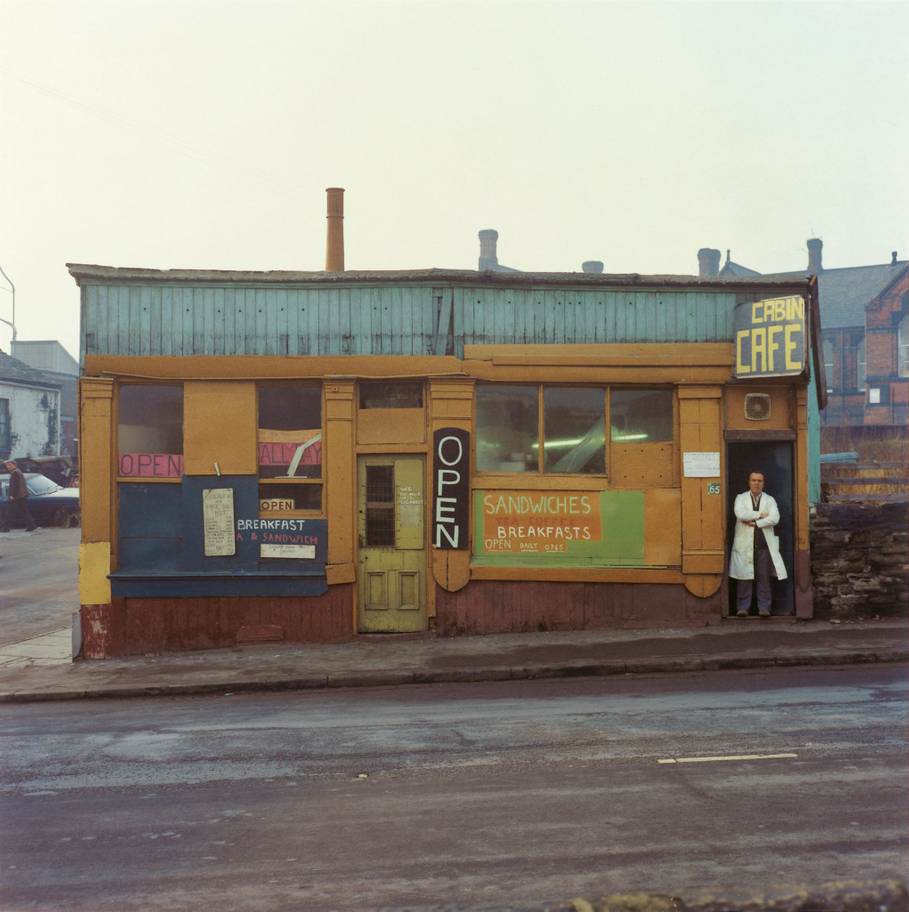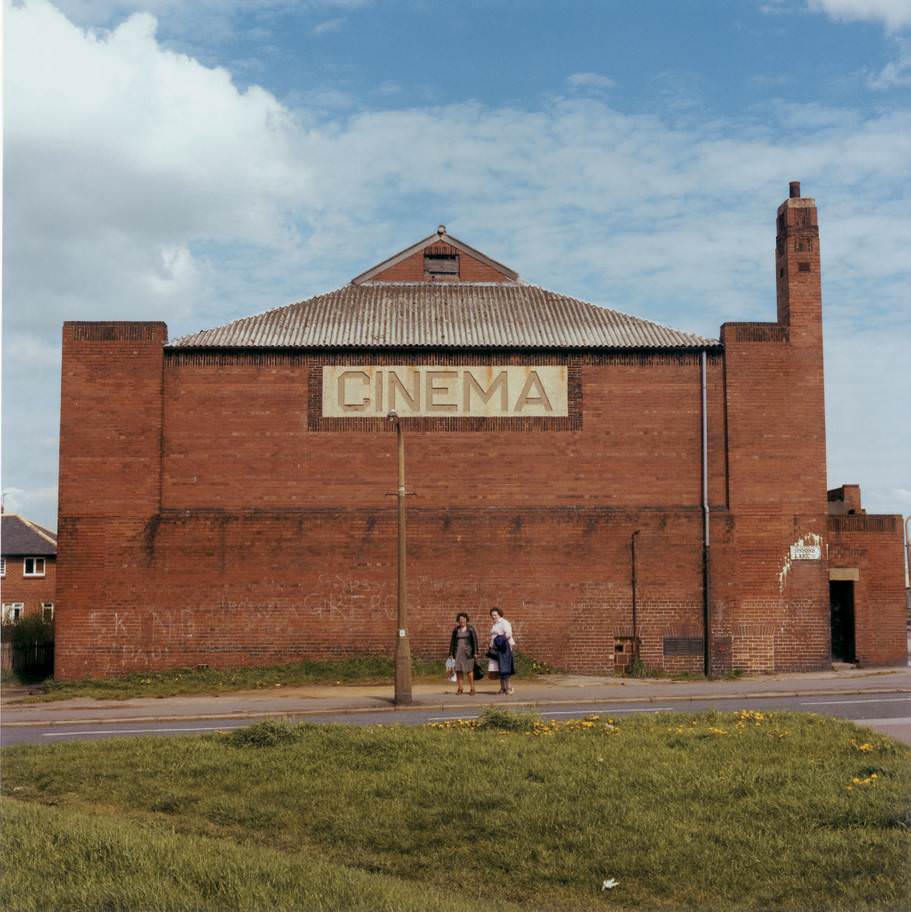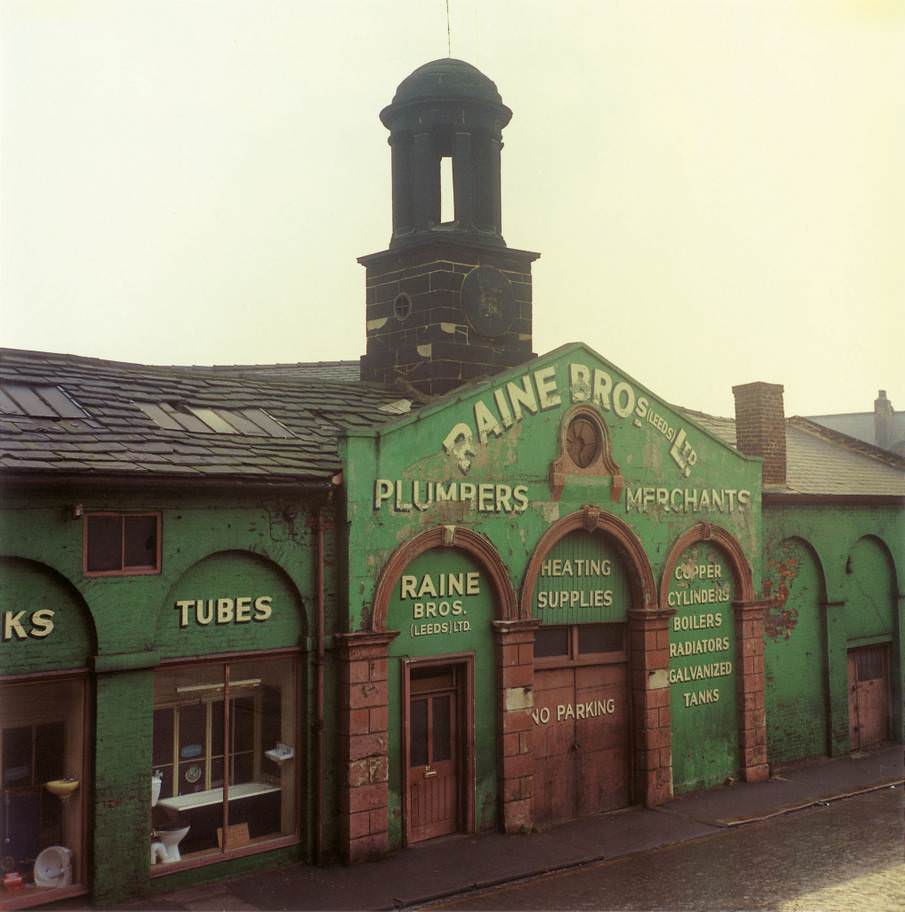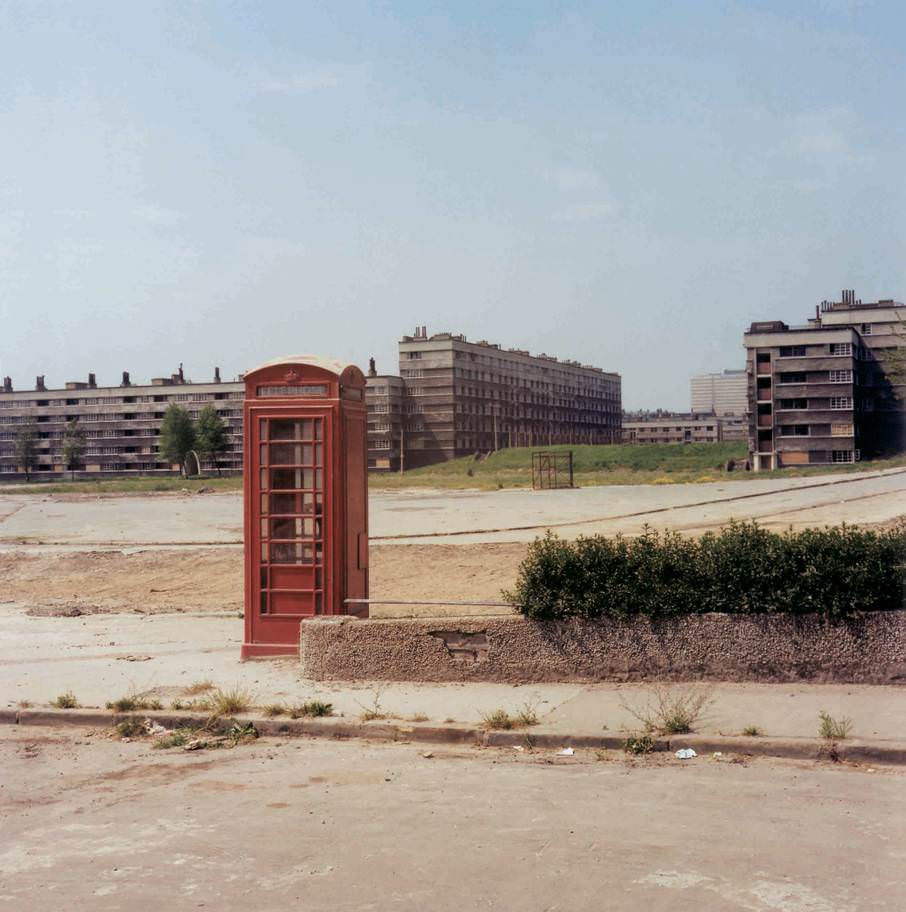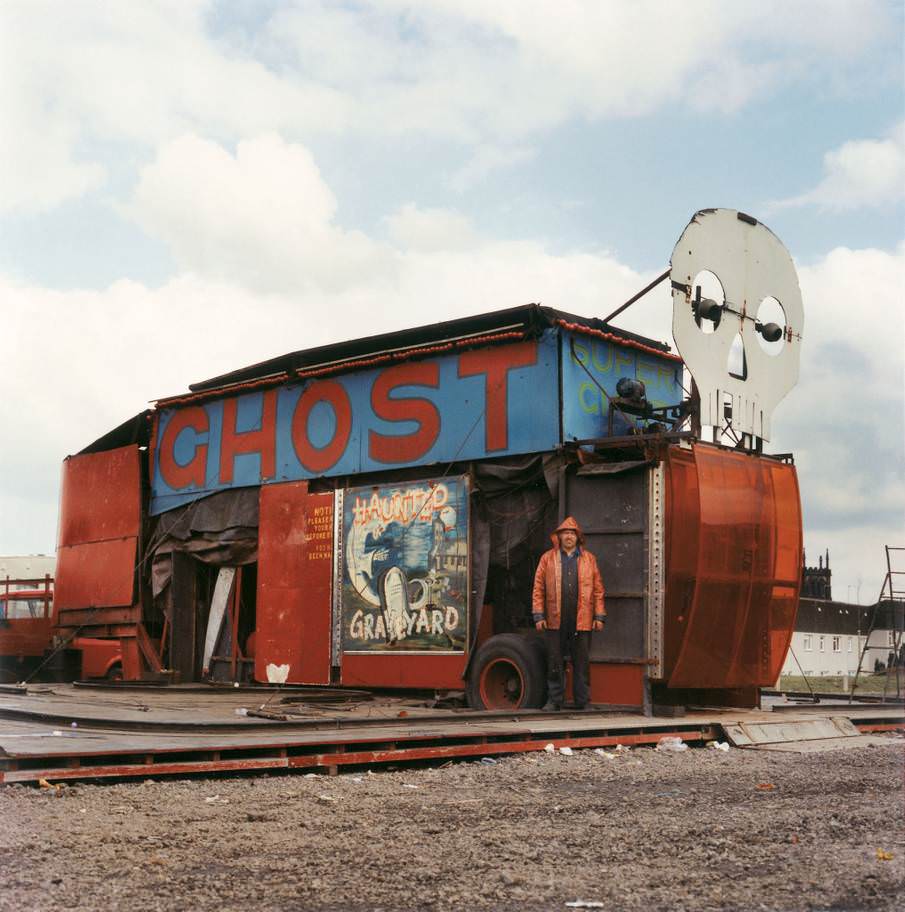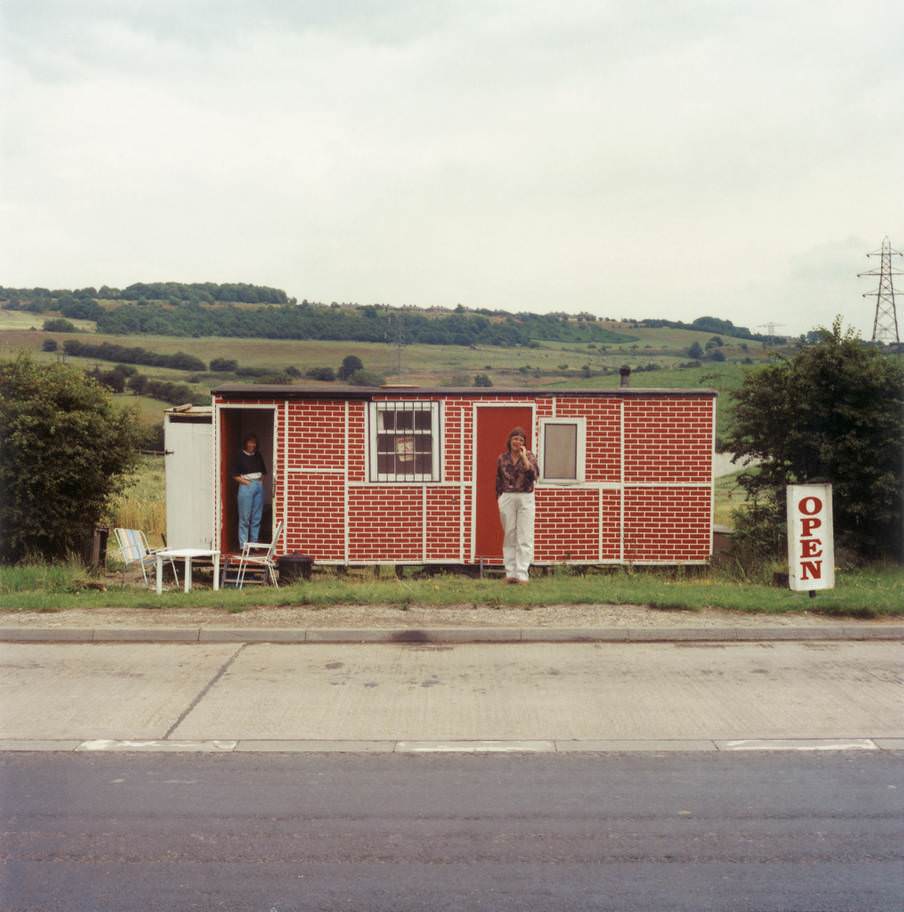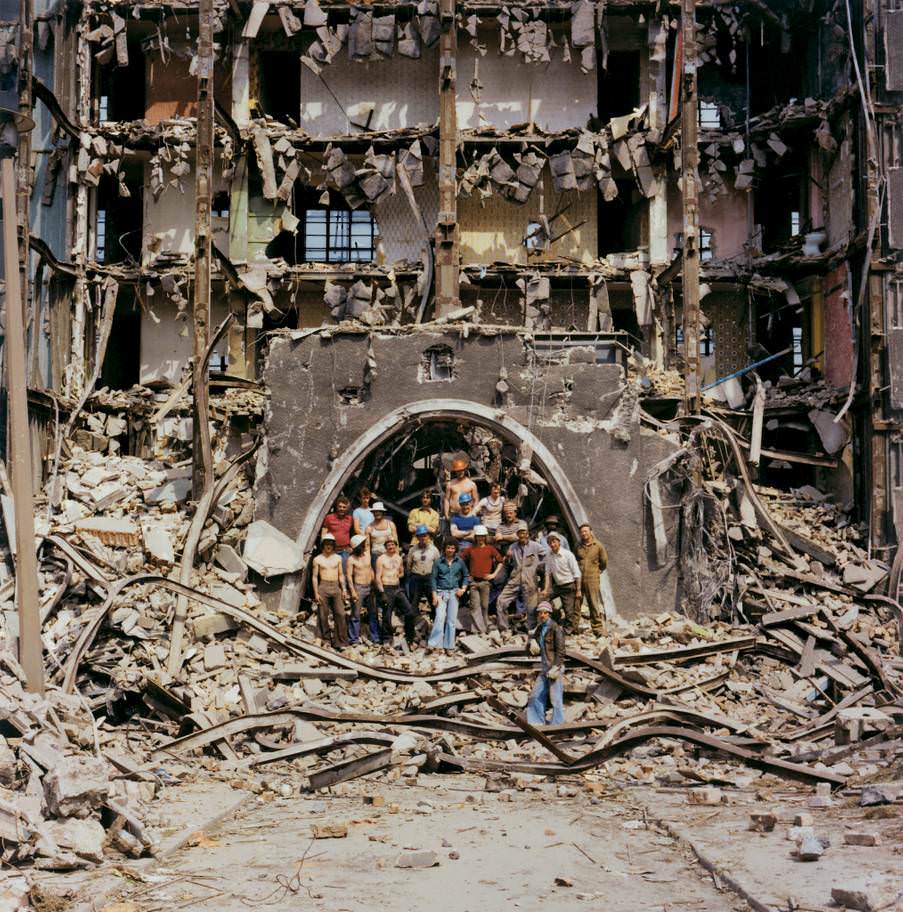Leeds during the 1970s was a city humming with activity. Large factories were a major feature of the landscape. Many of these buildings were constructed from brick and could be found throughout different parts of the city. Inside, workers were busy making a variety of goods. Textiles, like clothing and fabrics, were a significant industry. Engineering workshops also employed many people, producing metal parts and machinery.
For someone driving around the city daily, these factories were regular stops. Peter Mitchell, for example, took a job driving a lorry for Sun Electrical around 1973. His work involved delivering electrical items. This meant he frequently visited factories all over Leeds, dropping off goods they needed. His routes gave him a direct look at the industrial side of the city. He saw the entrances where workers went in and out, and the loading bays where materials arrived and finished products left.
Read more
Alongside the large factories, Leeds neighborhoods were full of small, independent shops. These stores were often run by their owners and served the local community. You could find corner shops selling groceries, sweets, and newspapers. There were butchers providing fresh meat and bakers offering bread and cakes. Hardware stores sold tools and household items.
These small shops were vital parts of daily life. People relied on them for everyday necessities and often knew the shopkeepers personally. Someone driving a delivery lorry, like Peter Mitchell, would also interact with this smaller scale of commerce. His deliveries of items like heaters and fridges went not just to factories but also directly to people’s homes and potentially to some of these smaller businesses if they sold electrical goods. Driving through residential areas meant passing these rows of local shops constantly.


